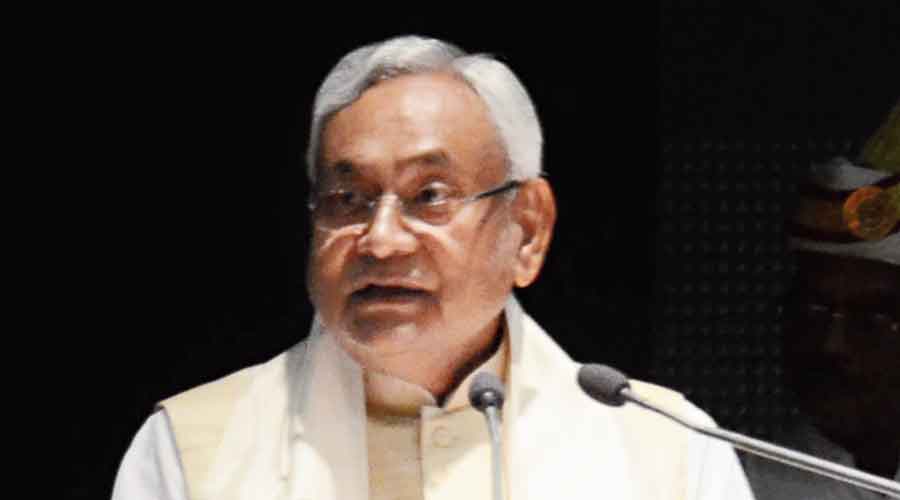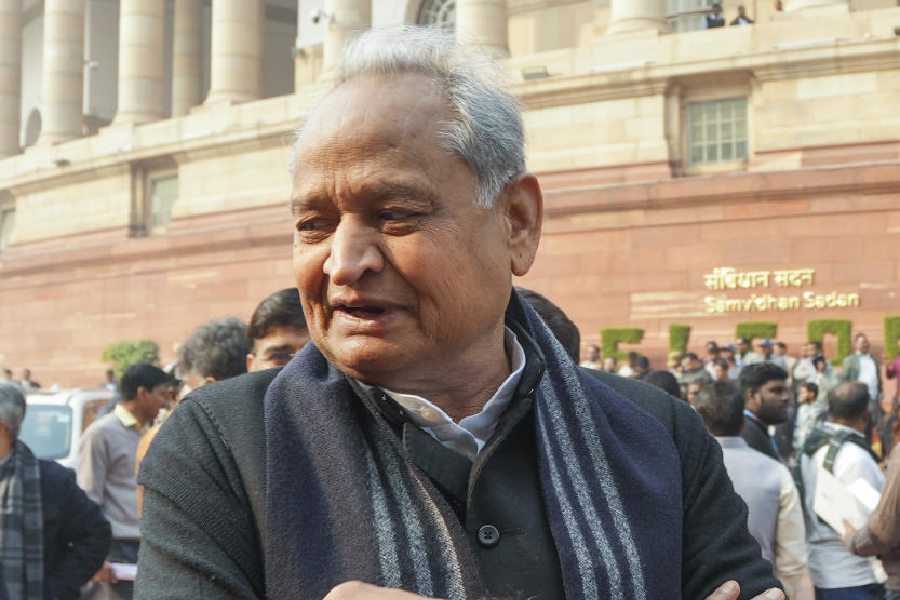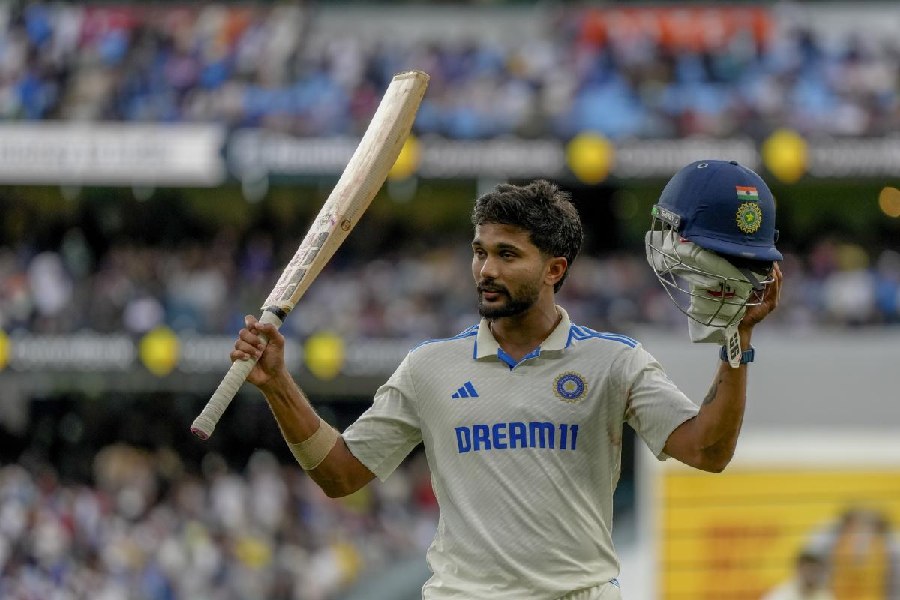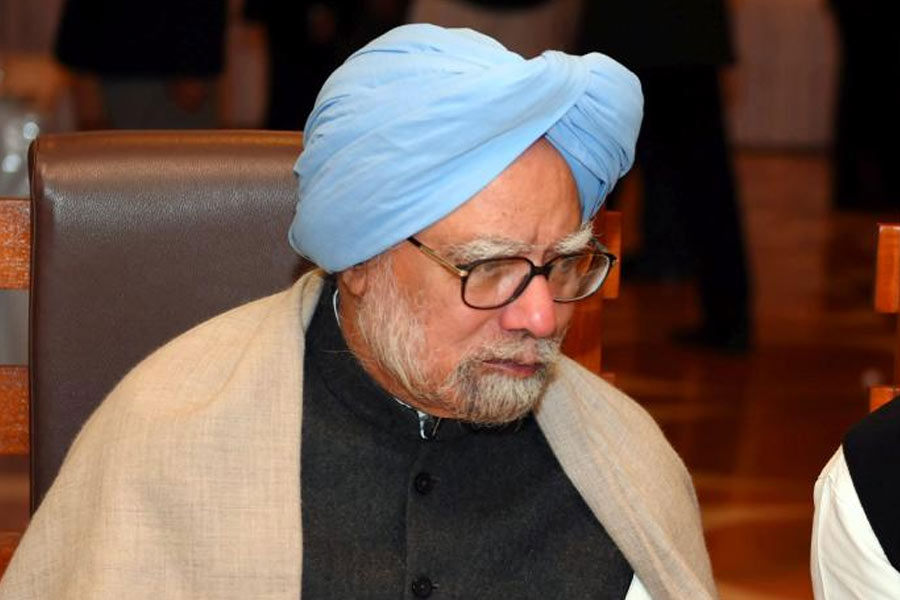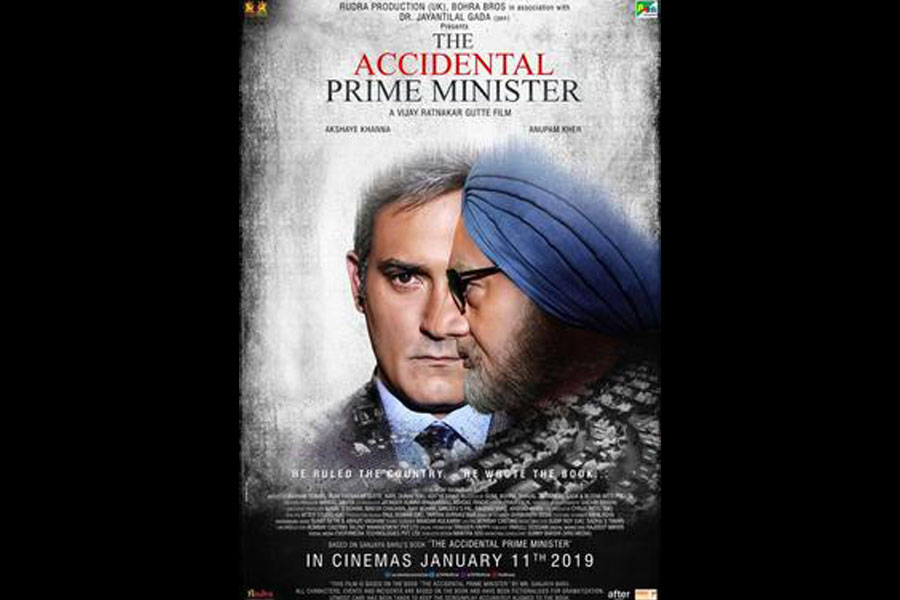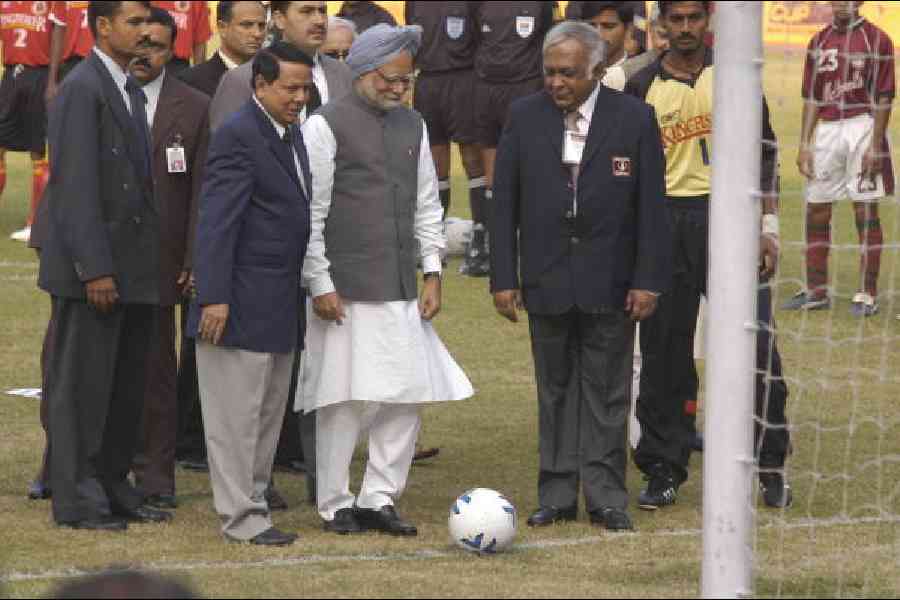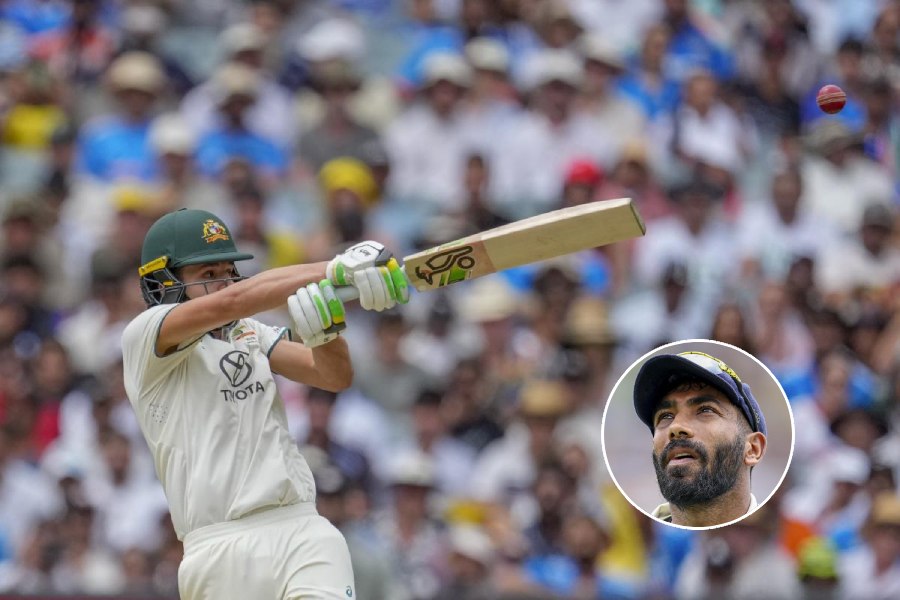The BJP appeared to have shown Bihar chief minister Nitish Kumar his place while unveiling its new-look cabinet at the Centre, forcing him to accept the one-berth deal the JDU leader had rejected in 2019.
Rajya Sabha member R.C.P. Singh was the only leader from Nitish’s Janata Dal United to be included in Prime Minister Narendra Modi’s ministry despite senior JDU leaders driving a hard bargain for what sources had claimed were four ministries. Singh, the JDU national president, has been given the steel portfolio.
The JDU has this time thought it better to join the Union government in the changed political circumstances in which it is a junior partner with 44 MLAs in Bihar while the BJP with 74 MLAs is in an assertive position in the state for the first time.
Although Nitish had stated on Tuesday that cabinet expansion and the number of ministers to be included from an ally were the “prerogatives of the Prime Minister”, the outcome seems to have shaken the JDU at a time it was hoping that the Bengal debacle would have a sobering effect on the BJP.
It has also fuelled speculation on why Nitish accepted such a deal when he could have easily kept his party away from participating in the central government, remaining steadfast on the demand for “proportional representation” that he had raised after the 2019 Lok Sabha elections.
The BJP, with a comfortable majority in the Lok Sabha, had offered just one cabinet berth to the JDU as part of the symbolic representation the national party had granted to its allies. Nitish had rebuffed the offer.
His party had won 16 of the 40 Lok Sabha seats in Bihar while the BJP had clinched 17.
“Our intention is that the NDA government runs strongly both at the Centre and in the state,” Singh said on Wednesday, asked about the compulsion to accept a deal previously rejected by the JDU.
A senior JDU leader said the meek acceptance of what seemed to be a “BJP-imposed” cabinet expansion had dealt a blow to Nitish and his image.
“The acceptance of the formula that he had declined two years ago shows that Nitish has bowed down to the BJP in the changed political circumstances. Whether true or not, this also sends out the message that he has accepted the predicament that he has to save his own position and that he is at the mercy of his ally,” the leader said on the condition of anonymity.
Political observers asserted that Nitish opting to make Singh available for inclusion in the Union ministry also showed that he would play backward caste politics to the hilt with special focus on the Kurmi and Kushwaha castes. Nitish and Singh hail from the Kurmi caste.
The observers said this might dent Nitish’s image of a politician who took all castes and communities along.
Some in the JDU rued that Munger MP and close Nitish aide Rajiv Ranjan Singh alias Lalan Singh, who belongs to the upper Bhumihar caste, was not given an opportunity to become a central minister.

